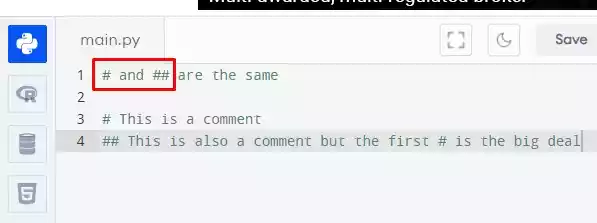How to Remove Numbers from a String in Python using Regex?
When working with strings in Python, you might encounter situations where you need to remove specific characters, such as numbers.
Using regex can provide an effective way to achieve this, as it allows you to define complex patterns for matching and replacing text within strings.
Table of Contents
Importing the re Module
The first step is to import the re module, which stands for “regular expressions.” This module provides functions for working with regular expressions in Python.
To import it, you can use the following line of code:
import re
Creating the Regex Pattern
To remove numbers from a string using regex, we need to create a regular expression pattern that matches numeric sequences.
In regex, the pattern \d+ will match one or more consecutive digits. This pattern covers all possible numeric sequences in the string.
Using re.sub() to Remove Numbers
The re.sub() function is a powerful tool for substituting text within strings using regular expressions.
To remove numbers from a string, we can utilize this function.
Here’s the general syntax:
re.sub(pattern, replacement, string)
In our case, we want to replace the numeric sequences with an empty string, effectively removing them.
Example Code for Removing Numbers from a String:
Let’s illustrate the process with an example:
import re
def remove_numbers(string):
"""Removes all numbers from a string."""
pattern = r"\d+"
result = re.sub(pattern, "", string)
return result
string = "This is a string with some numbers: 1234567890"
print(remove_numbers(string))
When you run this code, it will output:
This is a string with some numbers:
Wrap Up
In this guide, we’ve learned how to remove numbers from a string in Python using regular expressions.
By importing the re module, creating a regex pattern, and using the re.sub() function, we can easily remove unwanted numeric sequences from strings.
This technique can be incredibly useful in various programming and data processing scenarios.
FAQs
- Is using regex the only way to remove numbers from a string in Python?
No, there are other approaches as well, such as using string manipulation functions likestr.translate()or iterating through the string and filtering out non-numeric characters. However, regex provides a powerful and concise way to achieve this task. - Can I use regex to remove specific ranges of numbers from a string?
Yes, regex allows you to create more complex patterns, including ranges of numbers. For instance, you can use[0-9]to match any single digit.





